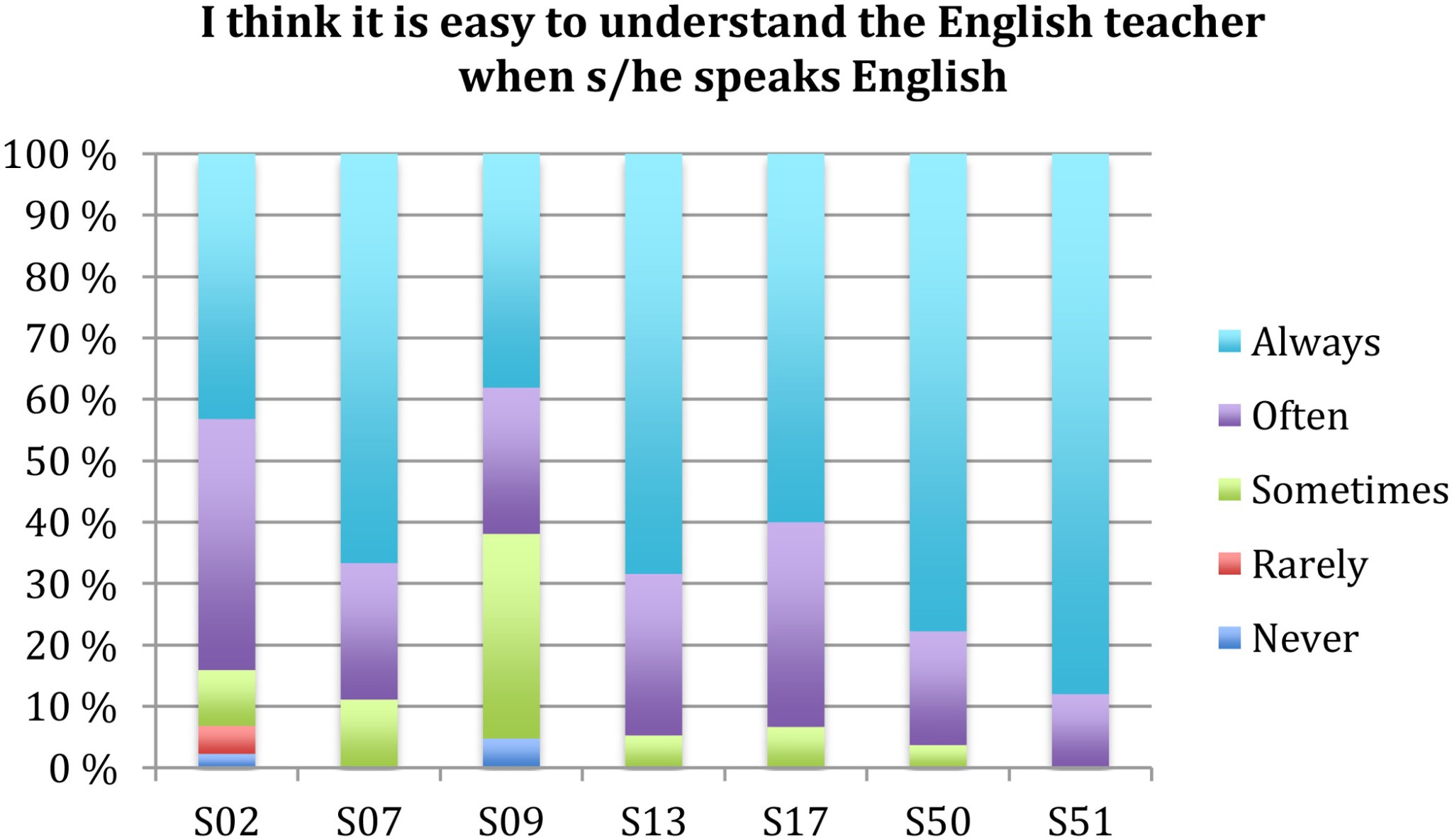
TEFL teachers come across various batches of students while teaching English to them as their second language. Teaching monolingual groups or classes required different methodologies than teaching multilingual classes. While pursuing 120 hours of TEFL course in Kolkata English teachers got an insight into numerous teaching methodologies of global standards.
Let’s see what is the basic difference between a monolingual and a multilingual class.
A monolingual class is having students where students speak the native language that is common or L1. While teaching abroad, ESL teachers generally come across a monolingual batch. If you’re teaching a batch of Spanish students in Spain and all of them are having Spanish as their native language, it is a monolingual class.
A multilingual batch, on the other hand, is a culturally and linguistically diverse batch and these are mostly found in a native-English speaking country. These students speak more than one language and they’re learning English as the only common language. Being linguistically diverse, their mother tongues are also different.
Some common facts about monolingual and multilingual batches:

Based on these facts, EFL teachers have to go for the lesson planning to teach the English language to students. An ESL/EFL teaching includes exclusive ESL teaching methodologies that are relied on these traits. Having said that, EFL/ESL teaching nowadays can be conducted from being at home (online) as well. Teaching onsite and online also creates quite a bit of difference.
Let’s dig into certain specific points that ESL teachers must keep in mind while teaching these types of classes online or onsite.
If you’re teaching English online, make sure that most students will have the element of culture shock and on top of that sheer nervousness of being in a country where English is the native language. But there are ways to make the scene comfortable and convenient for them.
When you get a chance to teach abroad in a multilingual or a monolingual class, remember that students are coming back from different socio-cultural backgrounds. Like you’re not fully aware of their cultures, the same goes with them. In the case of a multilingual batch, students among themselves are not fully aware of each other’s culture. In a monolingual batch, it is true for both parties.

So we hope that we have made it quite clear how to be an efficient ESL teacher in both multilingual and monolingual classrooms be it online or onsite. If you want to be an internationally accredited TEFL certified EFL/ESL teacher, call our toll-free number at 1800-212-6400 or reach out to us at +916292137532.
Our expert advisor will share all the important aspects of TEFL certification and teaching English abroad or even online, including the hiring process, salaries, visas, TEFL class options, job placement assistance, and more.